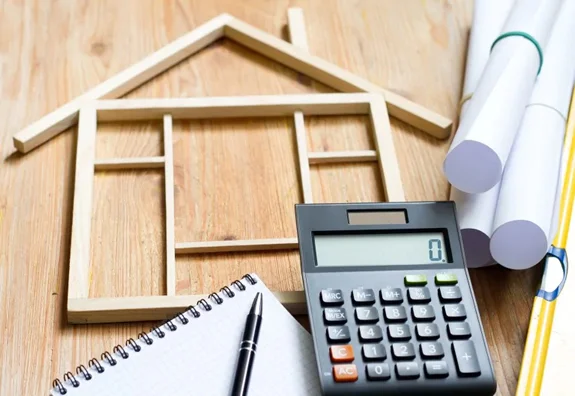What is a Renovation Mortgage?

A renovation mortgage is a specialist type of home loan designed to fund domestic property improvements, extensions, and alterations. Options vary significantly in accordance with the nature of the project and the personal circumstances of the applicant.
Some larger renovation mortgages are provided in stages as the project progresses, while others are transferred in the form of a single lump sum.
A renovation mortgage may be repaid over several years, like a traditional mortgage, or with a single payment upon completion of the project and the successful sale of the property.
Most high-street lenders will offer mortgage products exclusively for residential properties that are considered habitable. Mortgages cannot usually be secured against properties that are:
- Uninhabitable
- In need of conversion
- Derelict or dilapidated
This can make it difficult to access a traditional mortgage or remortgage for the purpose of renovating a property in a poor or uninhabitable condition. In this case, it may be necessary to direct your applications exclusively to specialist, independent lenders.
Eligibility for these types of renovation mortgages is established in the same way as a traditional mortgage: proof of income, financial status, credit history, and so on.
Is a renovation mortgage necessary?
A renovation mortgage may be necessary if you have insufficient funds available to cover the costs of a renovation project. If your property is in desperate need of repair but still considered habitable, you will usually be able to borrow 80% to 90% of its value at the time.
Some specialist lenders will offer up to 100% of the property’s value, subject to its condition and the viability of the project.
Non-habitable properties and renovation mortgages
The availability of renovation mortgages for non-habitable properties is more limited, as most high-street banks are unwilling to lend to uninhabitable properties. Where available, specialist renovation mortgages for these types of properties may be offered with an LTV of 60% to 90% of the current value of the property.
Extensive inspections of the property may be necessary to establish its agreed value, typically organised by the lender and paid for by the borrower. Work out the cost of a mortgage using our UK mortgage calculator.
Renovation mortgage costs and deposit requirements
Most renovators using renovation mortgages to fund projects are required to come up with around 15% to 20% of the total project costs. Deposit requirements vary from one lender to the next and may be negotiable, so it is worth shopping around.
Additional costs to factor in when considering a renovation mortgage include the following:
- Survey and design fees
- Legal fees
- Administration fees
- Monthly interest
- Early repayment fees (where applicable)
- Alternatives to renovation mortgages
Depending on your requirements and budget, you may find an alternative financial product more suitable than a renovation mortgage. Examples of these include:
- Bridging Loans. A short-term lending facility designed for prompt repayment can be used to fund almost any type of property improvement project.
- Mortgage Extension. It may be possible to raise additional funds by extending or increasing your existing mortgage with your current lender.
- Personal Loans. If you need a relatively modest amount of money, you could consider funding your project with an unsecured personal loan.
- Remortgage. This is an accessible and affordable option if you already have sufficient equity in your home or any other property you own.
At UK Property Finance, we can help you make sense of the available options and find your ideal renovation loan at a price you can afford.
